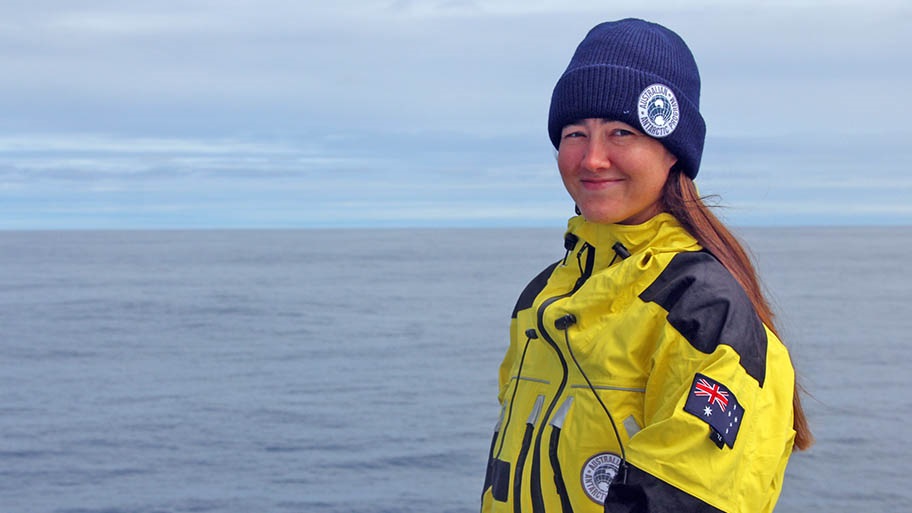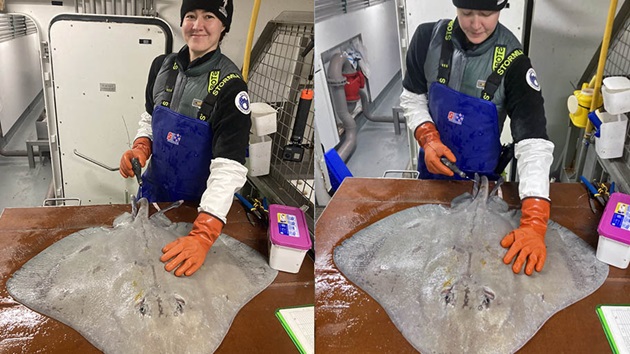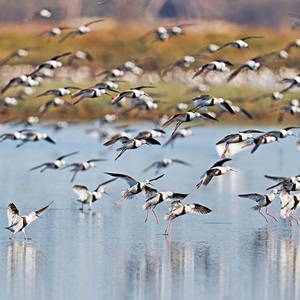Monitoring post-release survival of sandpaper skates to support bycatch reduction and mitigation measures.
- Tracking and monitoring released skates through satellite tagging
- Blood samples taken to study capture-related stress
- Advancing understanding of the long-term effects of the current release process
Start date: April 2023
£4950
Student Research Grant
Awardee
Colette Appert, Institute of Marine and Antarctic Science, University of Tasmania
Fishery
Heard Island & McDonald Island Toothfish & Icefish Fishery, Australia
Addressing data deficiencies in post-release survival
Skate are a bycatch species in the Heard Island and McDonald Island longline toothfish and icefish fishery, which operates in the Kerguelen Plateau in the southern Indian Ocean. Over 90% of skates caught are released back into the sea alive, however it is unknown how many survive the capture and release process.
The study will address this lack of data by identifying the post-release survival rate of sandpaper skates (Bathyraja irrasa) and the factors that influence survival. This will allow a more accurate estimation of the fishery’s impact on the skate population and support the development of a more effective bycatch management strategy if needed.
“Currently, only retained skates are counted towards fishery removals, but the overall fisheries-induced mortality may be substantially higher due to the high number of skates released after capture and the unknown, but potentially low, post-release survival.”
PhD student at the University of Tasmania

Monitoring skate mortality
Colette Appert, a PhD student at the University of Tasmania, will collect samples from skates caught on toothfish longlines to identify biological traits that may predict survival.
The skates will be weighed, measured and sexed, and blood samples taken to be analysed for markers of capture-related stress. Satellite tagging will allow the skates to be tracked and monitored once released, providing data on how many survive and for how long.
Building partnerships to drive progress
Support from the MSC’s Ocean Stewardship Fund will enable Colette to travel to France to work with Dr Clara Péron and Dr Alexis Lécu, who have expertise in skate bycatch in the Kerguelen Plateau and capture-related stress markers in skates respectively.
Collaboration between the two research groups will help drive improvements in sustainable fishing on a wider scale, with the findings applicable to both the Australian fishery and the French SARPC toothfish fishery. Better understanding of skate survival rates could support the development of an aligned bycatch mitigation strategy, helping to reduce skate bycatch throughout the entire region.




